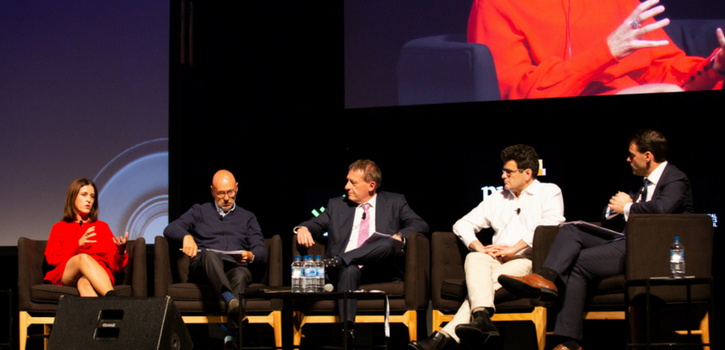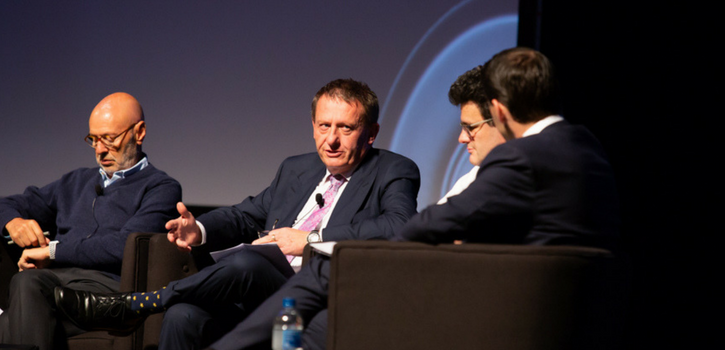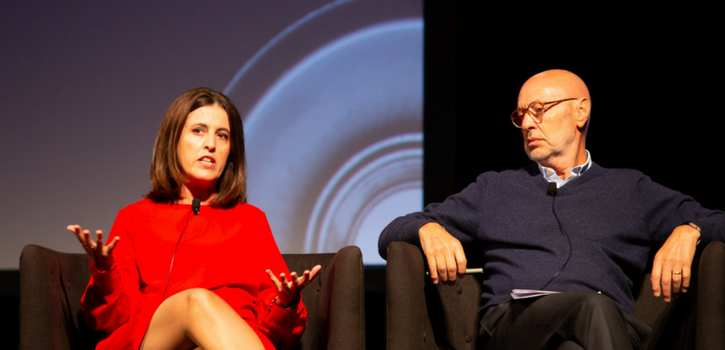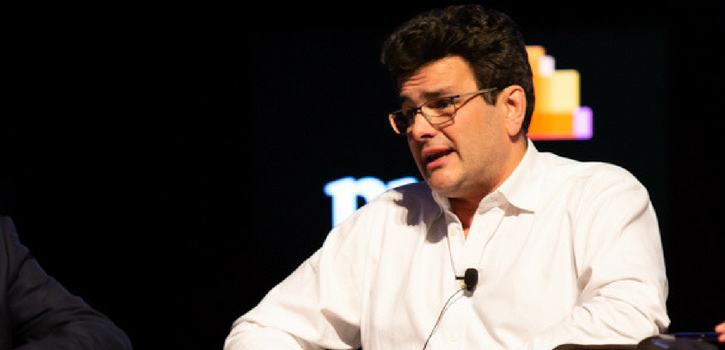Disruption is really about delivering on customer needs.
Leading in Innovation
By Keith Barrett
Business aiming to disrupt an established sector should focus as much energy as possible in understanding exactly what its potential customers will need. Technology may be allowing for new ways of communicating, but helping a business listen to its clients is the most important thing it can do.

Delegates at the 'Disruptors: Leading in innovation’ session at the FSC Summit heard that advances in technology isn’t just about “the system”, but how developments enabled businesses to reach out to their customers, understand those customers better, and hear what they’re saying. This allows a business to listen to what their customers want, and the deliver upon that one step at a time.
“Technology is simply an enabler,” says Chris Powell, Managing Director of Integrity Life. “It has opened the world of the consumer and empowered the consumer enormously. The real power has moved from institutions down to the consumer. You have to think about what the consumer wants and supply a product like that, and your services like that.”

Other panellists echoed the customer-centric nature of modern business – and how a human touch can make all the difference.
“The disruption is really coming form understanding what a customer or consumer really needs,” says Antoinette Tyrrell, Chief Customer Officer at Retirement Essentials. After launching her business, feedback from her target client base indicated they needed support not in retirement advice, but in accessing basic services.
“After a lot of consumer research [after launch], we pivoted the business. It, really, was about helping older Australians get access to their aged pension and avoid a Centrelink nightmare,” Tyrell said.
“We realised it was a hybrid approach, and yes technology can facilitate and power the information sharing, but good old fashioned person on the phone helping has been the most important element of the proposition.”
Part of successfully building any business is retention of key staff, but within a business that’s set to enter a new market or challenge the established order, it’s an even more critical challenge.

“Number one: it comes from the top,” says Michael Heine, Joint Managing Director, Netwealth Investments Limited. “I know people who join the organisation and they’re surprised at the service culture in the company. It is always about the client at the end of the day.
“The sorts of people we attract are the ones who don’t like working in the big companies because they want to be able to have an impact. They want to be able to make a difference to the work environment. People are constantly thinking innovation, and that’s not just technology innovation. It’s really important right up and down the organisation that people are thinking of better ways to do things — all the time.”
Eric Wilson, Founder and CEO at Xinja, warned startups to be brave when it comes to finding revenue, and persist.
“It is a horrible thing to do, raising capital,” says Wilson. “And then you strike gold, and you start a dialogue. We started our first round with high-net-worth individuals and family offices, and that first round was really hard.

“If you can imagine printing off a PowerPoint slide at home that’s come out of your head and your mates’ heads, and then walking into a family office and sitting down in front of five or six people and saying 'I’d like you to buy this PowerPoint slide for $3.5 million’. That’s literally what it’s like.”

